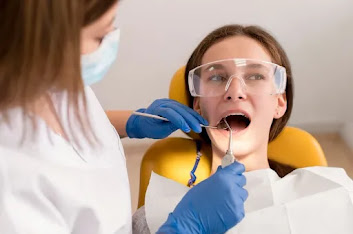How Mouth Breathing Affects Your Sleep and Health

Mouth breathing is often dismissed as a minor habit, yet its impact on health can be significant and far-reaching. From sleep disturbances to systemic health issues, breathing through the mouth instead of the nose can have several detrimental effects. In this blog, we will explore how mouth breathing affects your sleep quality, facial appearance, and overall health, and provide insights into addressing this habit for better well-being. The Connection Between Mouth Breathing and Sleep Quality Sleep Apnea One of the most severe consequences of mouth breathing is its association with sleep apnea. Sleep apnea is a condition characterized by repeated interruptions in breathing during sleep. When you breathe through your mouth, the airway is more likely to collapse, leading to obstructive sleep apnea (OSA). OSA can cause severe disruptions in sleep, resulting in daytime fatigue, difficulty concentrating, and an increased risk of cardiovascular problems. Nasal breathing, on the other hand,...





